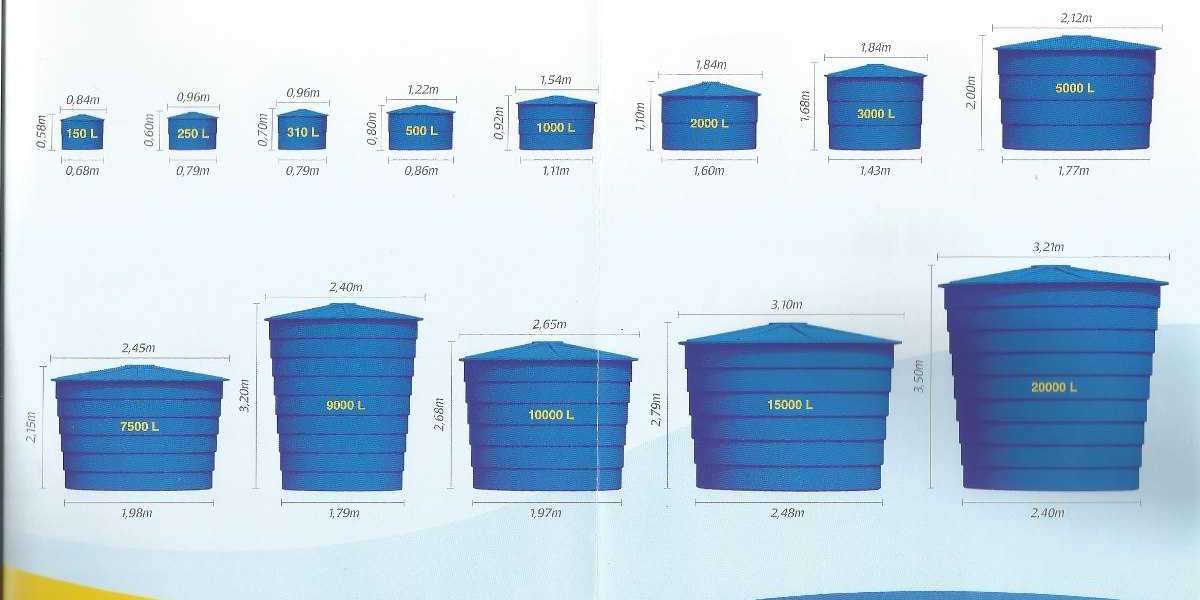Multiple Myeloma Treatment: Advancements Offer Personalized and Effective Strategies
The treatment landscape for multiple myeloma, a cancer of plasma cells, is rapidly evolving, offering patients more effective and personalized approaches. Recent news highlights the significant impact of novel therapies, including immunomodulatory drugs, proteasome inhibitors, monoclonal antibodies, and cell-based therapies, leading to improved outcomes and prolonged survival.
Novel Drug Combinations Demonstrate Superior Efficacy: Recent clinical trials continue to demonstrate the benefit of combining different classes of drugs to target multiple pathways in myeloma cells simultaneously. Combinations such as ixazomib, lenalidomide, and dexamethasone, as well as daratumumab, bortezomib, and dexamethasone, have shown greater rates of response and longer progression-free survival compared to older regimens.
Immunotherapies Revolutionize Relapsed/Refractory Myeloma Treatment: Immunotherapy, including CAR T-cell therapy and bispecific antibodies, has emerged as a game-changer, particularly for patients with relapsed or refractory multiple myeloma. CAR T-cell therapies like ciltacabtagene autoleucel (cilta-cel) and idecabtagene vicleucel (ide-cel) involve modifying a patient's own T-cells to target and destroy myeloma cells, achieving high rates of minimal residual disease (MRD) negativity and long-term remission in some cases. Bispecific antibodies are another class of immunotherapy showing great promise in this setting.
Targeted Therapies Address Specific Molecular Abnormalities: The increasing understanding of the genetic and molecular characteristics of myeloma has led to the development of targeted therapies. For example, drugs targeting the BCMA protein on myeloma cells, such as antibody-drug conjugates, are providing new options for patients who have relapsed after other treatments.
Maintenance Therapy Extends Remission Durations: Maintenance therapy, given after initial treatment has brought the myeloma under control, plays a crucial role in prolonging remission and improving overall survival. Agents like lenalidomide are commonly used for maintenance, and research continues to explore the optimal duration and choice of maintenance therapy for different patient subgroups.
Stem Cell Transplantation Remains a Cornerstone for Eligible Patients: Autologous stem cell transplantation (ASCT) remains a standard of care for eligible patients with newly diagnosed multiple myeloma. This involves high-dose chemotherapy followed by the infusion of the patient's own stem cells to restore blood-forming cells.
Supportive Care Addresses Myeloma-Related Complications: Effective management of multiple myeloma also involves comprehensive supportive care to address complications such as bone disease, anemia, and kidney problems. Bone-modifying agents like bisphosphonates and denosumab help prevent fractures, while other supportive measures improve patients' quality of life.
The information provided here is for general knowledge and informational purposes only and does not constitute medical advice. It is essential to 1 consult with a qualified healthcare professional for any health concerns or before making any decisions related to your health or treatmen








